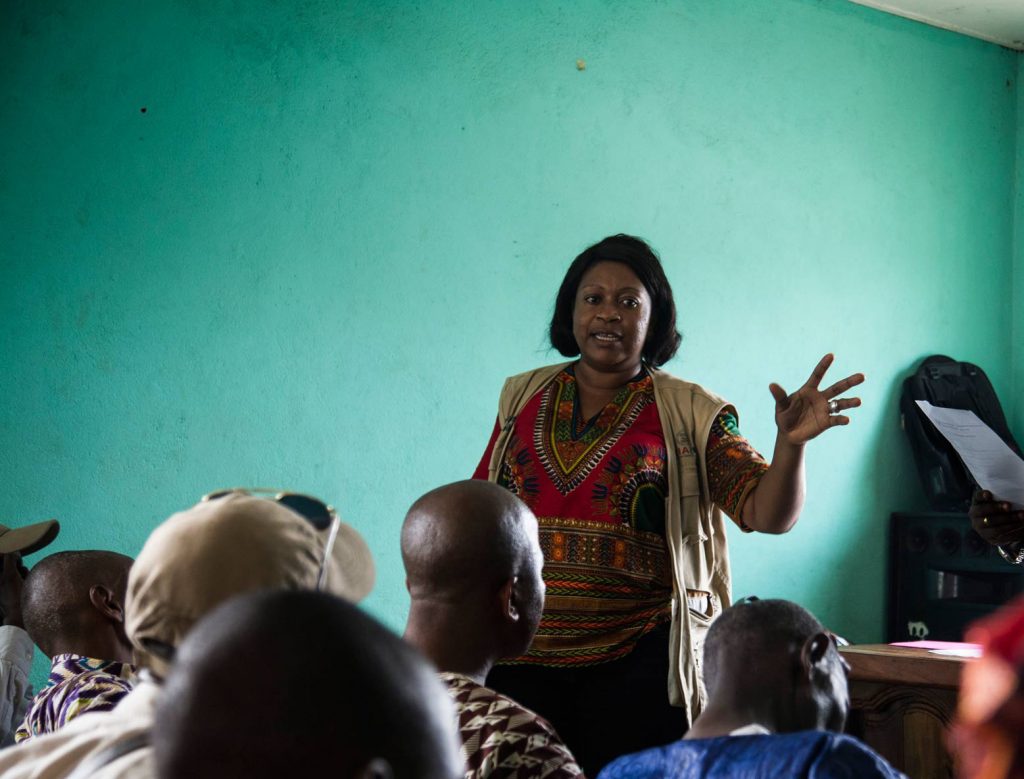
Training underpins all that we do
International Medical Corps provides immediate relief to those affected by conflict, disaster and disease, and provides training to build capacity and resilience. In this way, training prepares them to be their own best first responders.
Impact through Training
Training has always been a central pillar of our mission. Preparation and knowledge promote confidence and independence. We train thousands of people each year from local communities, from national, regional and local governments and from non-governmental groups, including health professionals, helping them prepare for emergencies as they make the journey from relief to self-reliance.

72,063
Number of people trained in 2025

1,512
People trained in the basics of administering psychological first aid

1,316
People trained to participate in community-based health and WASH committees

1,538
People trained in maternal and newborn healthcare strategies
Training Activities
From the field to the boardroom, International Medical Corps infuses training activities at all levels. Our Humanitarian Response Training Unit Initiative includes global projects that prepare key participant groups and individuals to respond more effectively to emergencies. Partnering with local communities and government entities at all levels, as well as with national and international non-governmental organizations, to improve emergency response and development programs is key to saving lives.

Emergency Response
Improving coordination in emergencies

Humanitarian Coordination
Training humanitarian professionals

Field Training
Training local first responders

Global Level Training
Specialized training for global responders